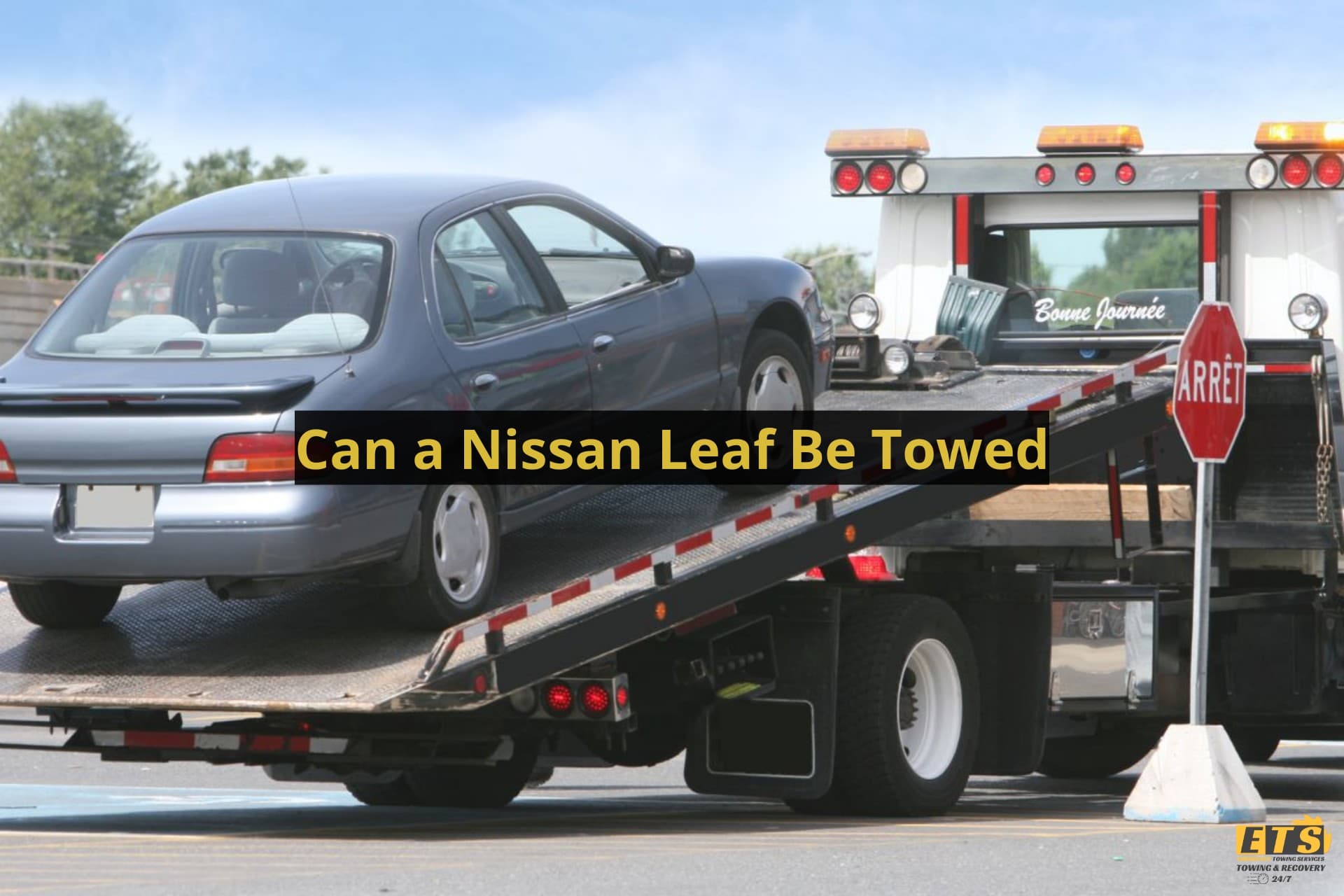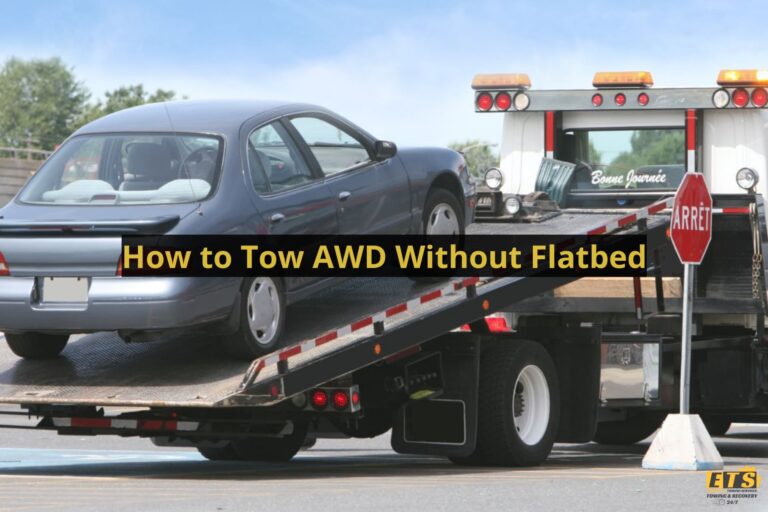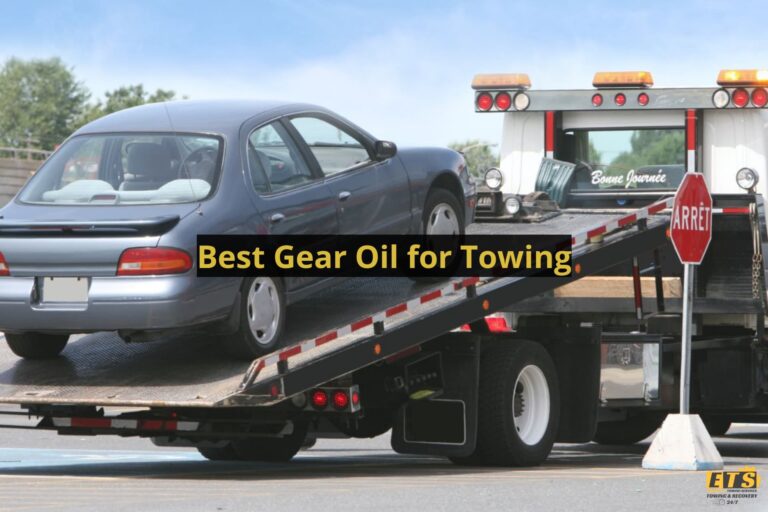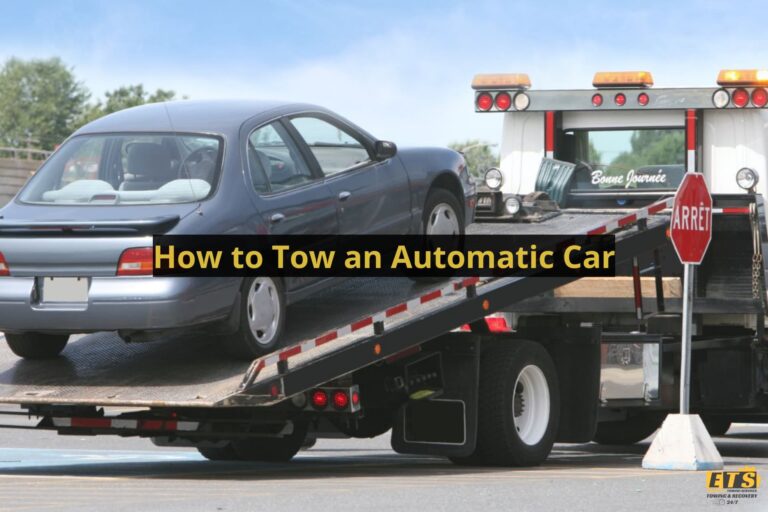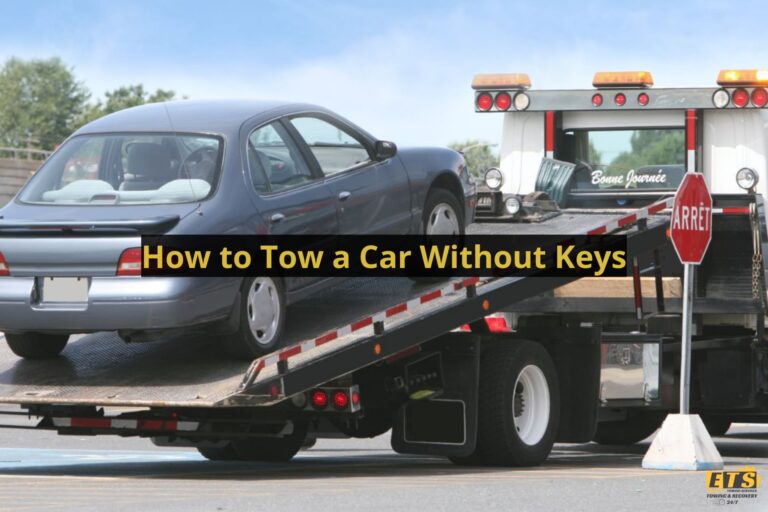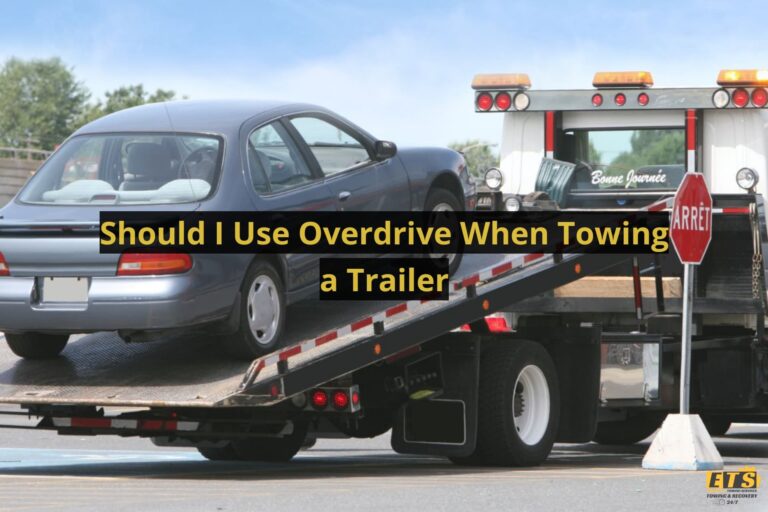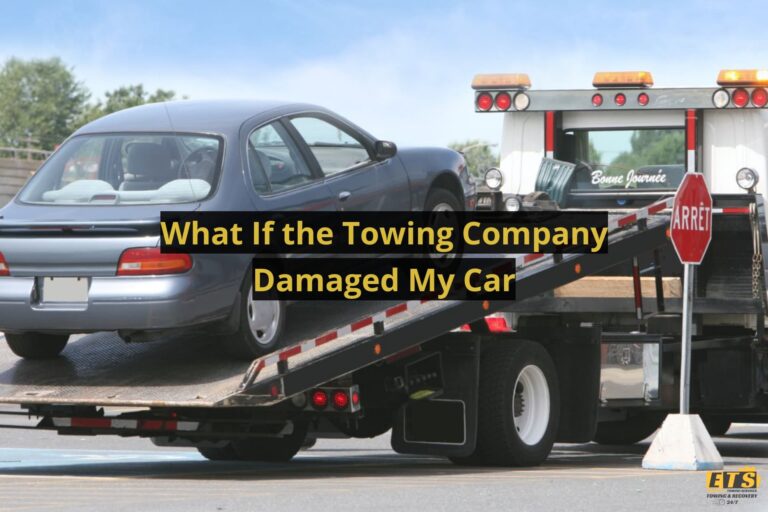Can You Tow a Nissan Leaf
The information presented in this article is provided for general informational purposes only, and may not reflect the current laws or legal developments. This article does not constitute legal advice, and the reader should not act on the information contained in this article without first seeking professional counsel. We make no guarantees about the accuracy, completeness, or adequacy of the information contained in this article. The reader assumes all risks and liabilities associated with any actions taken as a result of reading this article. To obtain legal advice on your specific matter, please contact a qualified legal professional.
Are you considering towing your Nissan Leaf? If so, you may be wondering if it’s even possible. The answer is yes, but there are some important things to keep in mind before you attempt to tow your Leaf.
First and foremost, it’s important to note that Nissan does not recommend towing with the Leaf. While the Leaf can tow up to 1,500 pounds, it’s not designed for heavy-duty towing like a pickup truck or SUV. Towing can put extra strain on the Leaf’s electric motor and battery, potentially causing damage or reducing the vehicle’s range. That being said, if you need to tow a small trailer or another vehicle, it is possible with the Leaf.
Can You Tow a Nissan Leaf?
If you’re wondering whether you can tow a Nissan Leaf, the answer is yes, but with some precautions. The Nissan Leaf is an electric vehicle, and towing it requires special considerations to avoid damage to the motor and maintain the warranty. In this section, we’ll discuss the Nissan Leaf’s weight, the impact of towing on its range, potential damage to its motor, and warranty.
Nissan Leaf Weight
The weight of the Nissan Leaf varies depending on the model and equipment. The 2023 Nissan Leaf weighs around 3,538 pounds, while the Leaf Plus weighs around 3,946 pounds. When towing a Nissan Leaf, you need to make sure the towing vehicle has a towing capacity that can handle the weight of the Leaf and the trailer.
Impact of Towing on Nissan Leaf’s Range
Towing a trailer can significantly reduce the range of the Nissan Leaf. The additional weight and drag of the trailer can increase the energy consumption of the Leaf, reducing its range. According to Nissan, towing a trailer can reduce the Leaf’s range by up to 50%. Therefore, you need to plan your route and charging stops accordingly when towing a Nissan Leaf.
Potential Damage to Nissan Leaf’s Motor and Warranty
Towing a Nissan Leaf can cause damage to its motor and void its warranty if not done correctly. The Nissan Leaf’s motor is designed to drive the wheels, not to be towed. Therefore, you should never tow a Nissan Leaf with the drive wheels on the ground. Towing the Leaf with the drive wheels on the ground can damage the motor and transmission.
To tow a Nissan Leaf safely, you need to use a flatbed trailer or a tow dolly that lifts the drive wheels off the ground. According to Nissan, towing a Leaf with all four wheels off the ground is the safest method. However, if you use a tow dolly, you need to make sure the Leaf is in neutral gear, and the parking brake is off.
Additionally, towing a Nissan Leaf can void its warranty if not done correctly. Therefore, you should consult your Nissan dealer or the owner’s manual for the rules and guidelines for towing a Nissan Leaf.
In summary, towing a Nissan Leaf requires special considerations to avoid damage to the motor and maintain the warranty. You need to make sure the towing vehicle has a towing capacity that can handle the weight of the Leaf and the trailer. Towing a trailer can significantly reduce the range of the Nissan Leaf, so you need to plan your route and charging stops accordingly. To tow a Nissan Leaf safely, you need to use a flatbed trailer or a tow dolly that lifts the drive wheels off the ground. Finally, towing a Nissan Leaf can void its warranty if not done correctly, so you should consult your Nissan dealer or the owner’s manual for the rules and guidelines.
How Can a Nissan Leaf be Towed?
If you’re wondering how to tow a Nissan Leaf, there are several options available. Here are three common ways to tow a Nissan Leaf:
Towing a Nissan Leaf with a Tow Truck
Towing a Nissan Leaf with a tow truck is a popular option. However, you need to be careful when towing an electric vehicle. It’s essential to use a flatbed tow truck, as it’s the safest option. A flatbed tow truck lifts the entire car off the ground, so there’s no risk of damage to the drive wheels or the electric motor.
Towing a Nissan Leaf with a Flatbed Trailer
Another option for towing a Nissan Leaf is using a flatbed trailer. A flatbed trailer is a safe way to transport your car, as it lifts the entire car off the ground. You can drive the Nissan Leaf onto the trailer, secure it, and then tow it with a truck or SUV. However, keep in mind that a flatbed trailer is a bit more expensive than other towing options.
Flat Towing a Nissan Leaf with a Pickup Truck or SUV
Flat towing a Nissan Leaf with a pickup truck or SUV is not recommended by Nissan. The company advises against flat towing the car because it can cause damage to the electric motor. However, some people still choose to flat tow their Nissan Leaf. If you decide to do so, you need to make sure that the car is in neutral gear, and the parking brake is off. Additionally, you need to ensure that the rear wheels are on the ground.
It’s also essential to be aware of the towing capacity of your pickup truck or SUV. Most vehicles have a towing capacity of up to 5,000 pounds, but some models can tow up to 10,000 pounds. Make sure that you don’t exceed the towing capacity of your vehicle.
Conclusion
Towing a Nissan Leaf requires careful consideration, as electric vehicles have different towing rules than traditional cars. It’s essential to follow the manufacturer’s guidelines to avoid damaging the electric motor or voiding the warranty. Using a flatbed tow truck or trailer is the safest option, while flat towing with a pickup truck or SUV is not recommended. Remember to always check your vehicle’s towing capacity, and make sure that you follow the rules and regulations for towing electric cars.
How to Tow a Nissan Leaf
If you’re wondering whether a Nissan Leaf can be towed, the answer is yes. However, there are some important things you need to know before towing your electric vehicle. In this section, we will discuss the different ways to tow a Nissan Leaf, including preparing your car for towing, towing with a tow truck, towing with a flatbed trailer, and flat towing with a pickup truck or SUV.
Preparing Your Nissan Leaf for Towing
Before towing your Nissan Leaf, it is important to prepare it properly to avoid any damage to the motor or other components. Here are some steps to follow:
- Make sure the parking brake is engaged.
- Shift the car into neutral gear.
- Turn off the power switch.
- If you’re flat towing, make sure all four wheels are off the ground.
Towing a Nissan Leaf with a Tow Truck
If you’re using a tow truck to tow your Nissan Leaf, make sure the drive wheels are off the ground. This means that the rear wheels should be lifted while the front wheels remain on the ground. This will prevent any damage to the motor.
Towing a Nissan Leaf with a Flatbed Trailer
Towing a Nissan Leaf with a flatbed trailer is one of the safest ways to tow it. Simply drive the car onto the trailer and secure it using straps or chains. Make sure the car is centered on the trailer to avoid any imbalance. Also, make sure the trailer has the appropriate weight capacity to support the weight of the car.
Flat Towing a Nissan Leaf with a Pickup Truck or SUV
Flat towing a Nissan Leaf with a pickup truck or SUV is possible, but it requires some special equipment. You will need a tow bar and a base plate to attach the tow bar to the car. Make sure the tow bar and base plate are compatible with your car model. Also, make sure the car is in neutral gear and the parking brake is engaged.
It is important to note that towing a Nissan Leaf can affect its range and warranty. According to Nissan, towing a Leaf can reduce its range by up to 40%. Also, towing can cause damage to the motor or other components, which may void the warranty. Therefore, it is important to follow the rules and guidelines provided by Nissan when towing your Leaf.
In conclusion, towing a Nissan Leaf is possible, but it requires some preparation and caution. Whether you’re using a tow truck, a flatbed trailer, or a pickup truck, make sure you follow the guidelines and rules provided by Nissan to avoid any damage to your car.
Conclusion
In conclusion, towing a Nissan Leaf is possible, but it comes with some limitations and considerations. Here are some key takeaways to keep in mind:
- The Nissan Leaf can tow up to 1,500 pounds of payload, including the weight of the trailer. This might be enough for some light towing needs, but it’s important to keep in mind that this is significantly less than what many other vehicles can tow.
- Flat-towing a Nissan Leaf is not recommended, as it can cause damage to the car’s drivetrain. Instead, it’s best to use a flatbed trailer or a tow dolly if you need to tow your Leaf.
- Older models of the Nissan Leaf, like the 2011 model, can be flat-towed because they are front-wheel-drive cars. However, this is not recommended for newer models, which have a fixed-gear transfer case that can be damaged if towed in this way.
- When towing a Nissan Leaf, it’s important to stay within its towing capacity and to follow safe towing practices. This includes using the right hitch, making sure the trailer is balanced, and driving at safe speeds.
Overall, if you need to tow a Nissan Leaf, it’s important to do your research and make sure you’re following the manufacturer’s recommendations. While towing a Leaf is possible, it does come with some limitations and considerations that you should keep in mind.

